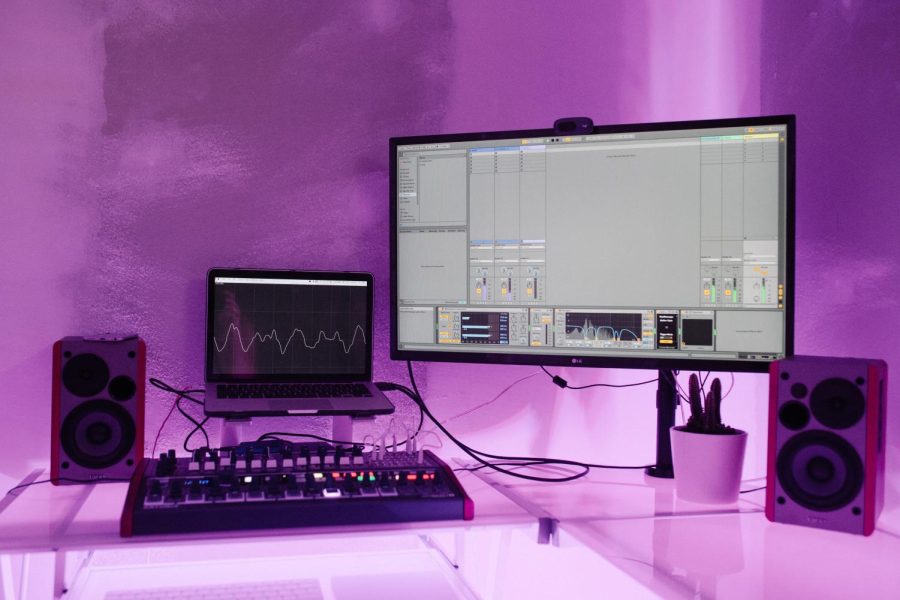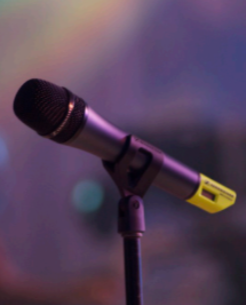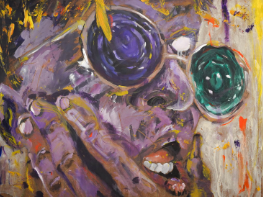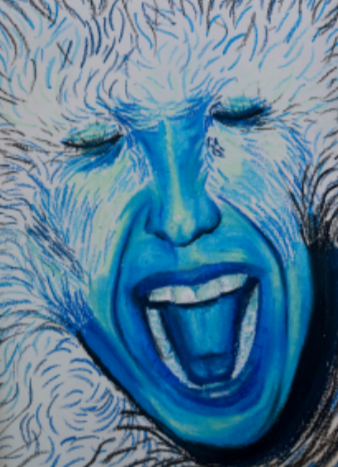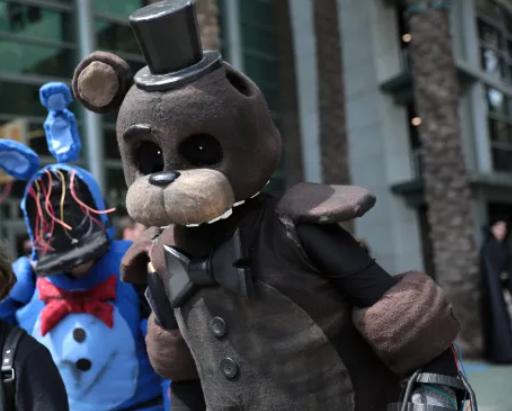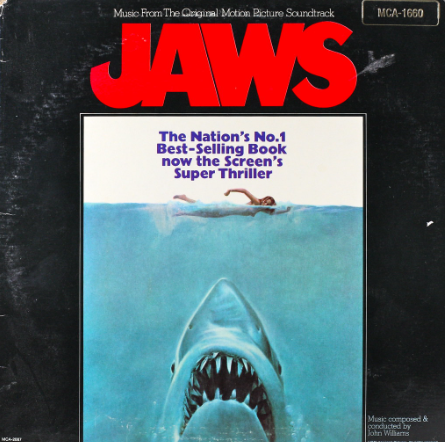AI steals the spotlight with songwriting
UNSPLASH PHOTO COURTESY OF Jake Kaminski
The debate of AI usage in the music industry stirs up arguments on limitations of AI.https://unsplash.com/license
March 31, 2023
Computers have long been used as tools to enhance previously composed music within the music and songwriting industry. With recent innovations, however, computers have obtained the ability to formulate song lyrics of their own using artificial intelligence (AI).
This isn’t the first invention to stir up debate within the music industry. In the 70s, synthesizers gained a controversial reputation, with some claiming that the samples their software was based on were tools for “cheating,” and others simply stating that they were a threat to the job of keyboardists.
Following this was autotune in the late 90s, where it was argued that the pitch-perfect sounds it produced took away from the talent of authentic and unfiltered singers’ voices.
Unlike past controversies, the rise of AI songwriting is unique in the way that it is not only a tool, but can compose completely original music with the help of only a few simple commands and inputs and learn how to improve its results along the way.
Junior Liza Madore of Atlantic Highlands explained why she thinks the use of AI might be a positive advance within the music business.
“I’ve messed around with it,” Madore said. “I think the pros are that it can make it more accessible for a lot of people to get involved within the industry.”
AI software enables and encourages music writing and producing for those who aren’t as lyrically inclined or can’t get past their writer’s block. It serves as a new creative tool, with users utilizing it as more of a jumping-off point than a generator that does the job for them.
Along with the ability to generate songs at the touch of a button, the software can gain additional knowledge by finding commonalities and elements of current trends in songwriting and implementing them in its own lyrics. The issue with this, however, is that it results in a lack of uniqueness and human emotion.
Sophomore Gracyn Austin of Fair Haven shares her beliefs regarding the lack of authenticity within AI-generated music.
“It definitely takes away from the main thing I do songwriting for, creativity,” Austin said. “With music being such an emotional thing, I feel like it doesn’t really hold any value.”
Although the software attempts to replicate characteristics of modern top hits, it’s agreed that it never quite reaches the mark. Sophomore Sol Zavala of Wall Township shared her reaction to this absence of originality and lyrical depth.
“I think it’s pretty detrimental,” Zavala stated. “It’s industrializing music into more of a way to make money and pump out singles rather than creating albums that tell stories.”
Regardless of opinion on the subject of AI songwriting, it will undoubtedly continue to grow with the progression of the music industry. With the world being driven by technological advancements it is inevitable, and although some are fearful the software will take over jobs within the industry, some believe raw human feeling and authenticity could never be replaced.
“Maybe it’ll take away from songwriting jobs,” Austin stated. “But I do think there will always be a place for emotion and real creativity in songwriting.”



